(1)We’re going to do a couple of experiments detonating grenades.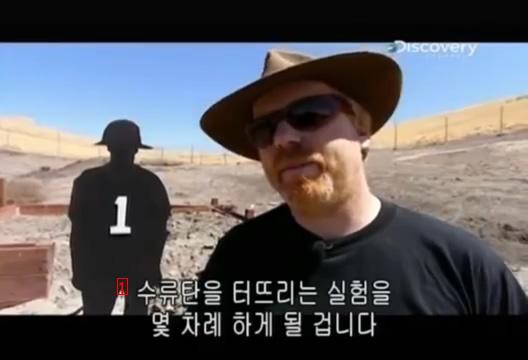
image text translation
(1)Grenades are within a 45-meter radius.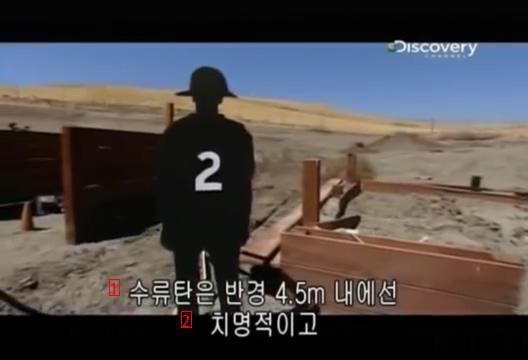
image text translation
(2)It’s fatal.
(1)Even if you’re standing within 12-13 meters, you can get hurt.
image text translation
(1)Let’s get everyone out of course.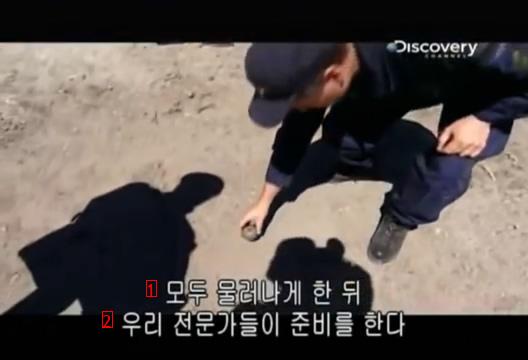
image text translation
(2)Our experts are getting ready.
(1)We’re gonna get the fuse all the way to the firing point.
image text translation
(1)Then press the button and it’ll explode.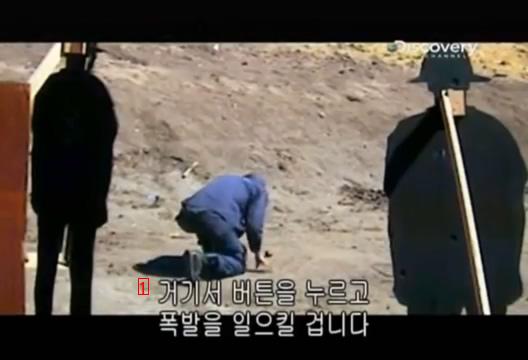
image text translation
(1)After preparing the camera,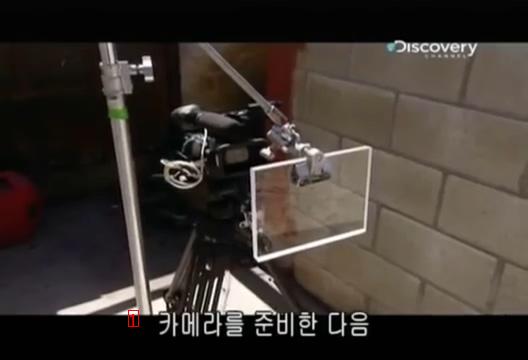
image text translation
(1)Jamie and Adam.
image text translation
(2)I squat in the bunker.
(1)Next to you.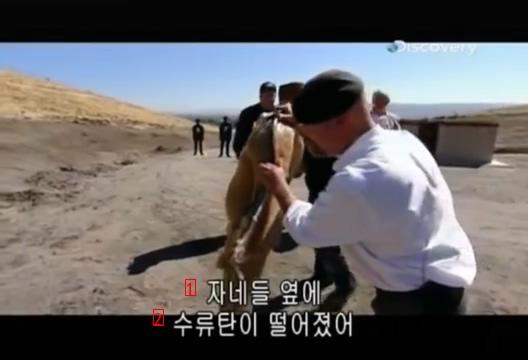
image text translation
(2)The grenade fell.
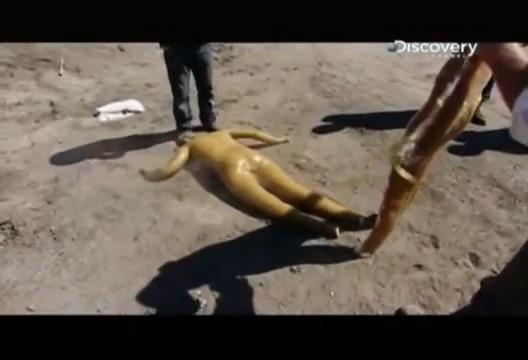
image text translation
(1)How much of a hero’s body is…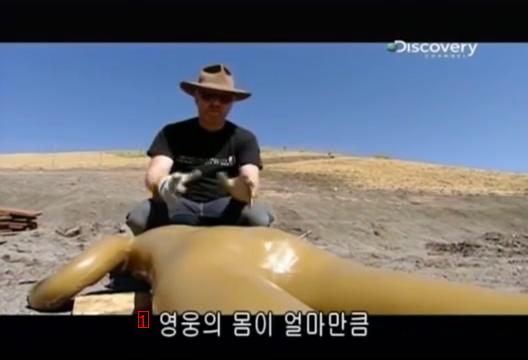
image text translation
(1)It’s a shield that blocks the debris from the grenade.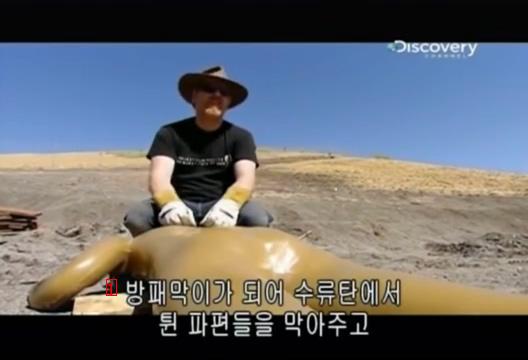
image text translation
(1)I’m going to take care of my colleagues around me.
image text translation
(2)I’m going to show you how to protect me.
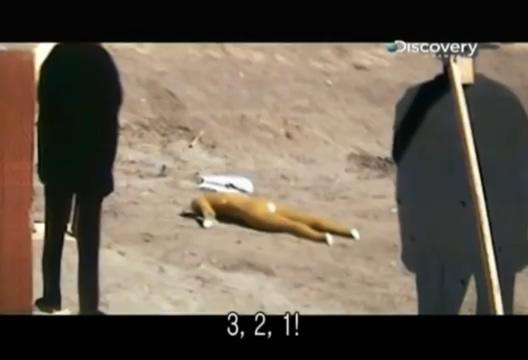
image text translation
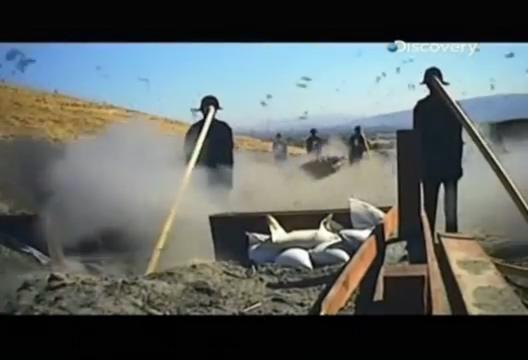
image text translation
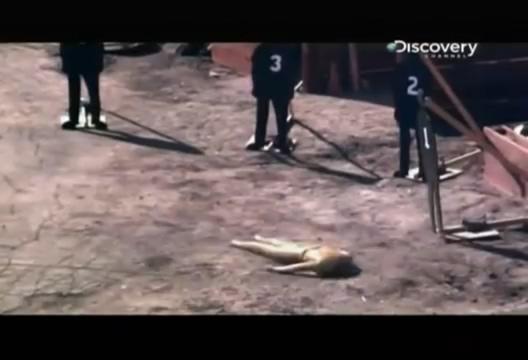
image text translation

image text translation
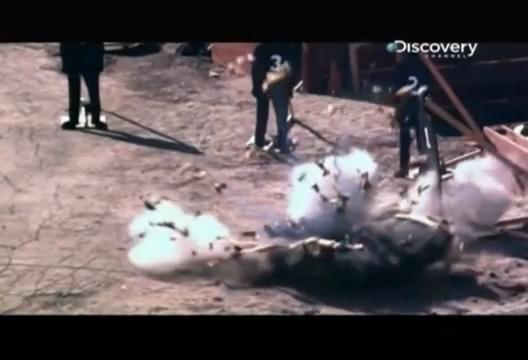
image text translation
(1)That’s terrible.
image text translation
(1)But how’s the injury?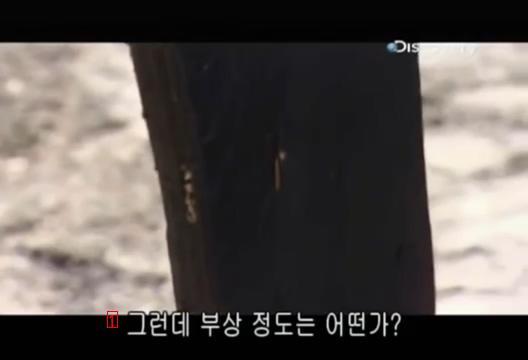
image text translation
(1)It looks like a big wound from the front.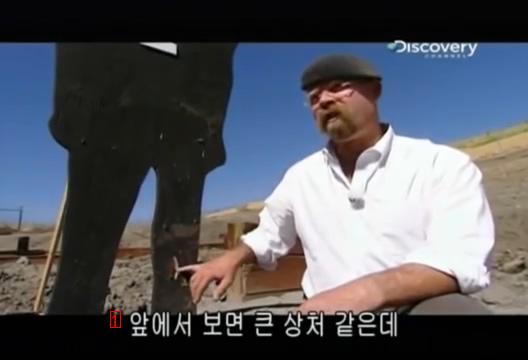
image text translation
(1)If you go back and look,
image text translation
(2)There’s no trace.
(1)When they didn’t have any grenade protection,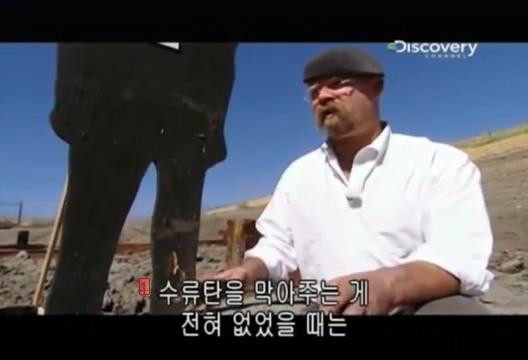
image text translation
(1)If there was a hole in the front, there was a hole in the back.
image text translation
(1)So, the grenade is sticking out of the grenade.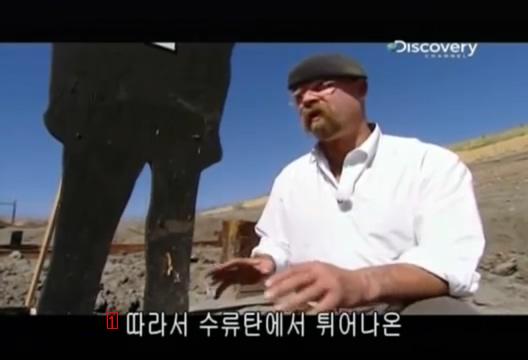
image text translation
(1)apparently slowing the debris down.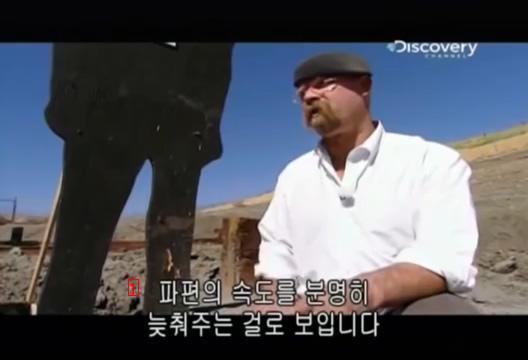
image text translation
(1)From this point of view, the colleague…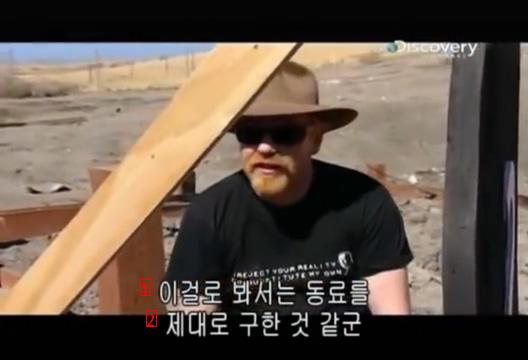
image text translation
(2)Looks like you got it right.
(1)There are rumors in the movie industry.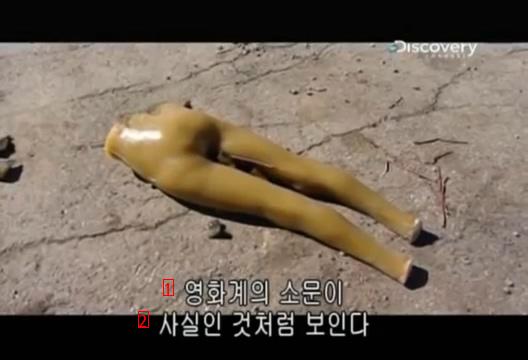
image text translation
(2)It seems to be true.
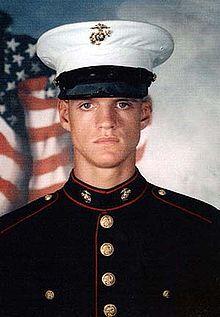
image text translation
Jason Dunham joined the U.S. Marine Corps in 2000 as a rifle squad leader in Iraq in 2004 and deployed to al-Karabila in northwestern Iraq.
– On April 14, 2004, Dunham’s squad found a suspicious motorcade, stopped them and attempted to inspect them.
– As Dunham approached, an armed man suddenly jumped out of the car and attacked Dunham, and Dunham, who was fighting, was found dropping a grenade from his hand.
– The grenade exploded shortly after Dunham covered the grenade with a bulletproof hat and his body, which he shouted to his colleagues to be careful.
– Thanks to Dunham, everyone else on the scene, including the armed men, suffered non-life-threatening injuries, but was hit in the head by fragments that broke through the bulletproof cap.
– The Navy Medical Center eventually removed Dunham’s respirator eight days later after he was in a coma due to brain damage that was rushed to the U.S. mainland.
– The Congressional Medal of Honor, the highest U.S. military medal, was awarded to honor others by throwing themselves into the rescue.
– In addition, the Alaybuck class Aegis destroyer No. 59 was named USS Jason Dunham after him and sealed the mast with pieces of bulletproof helmets and Dunham’s identification tag selected by Marines who served with Dunham.
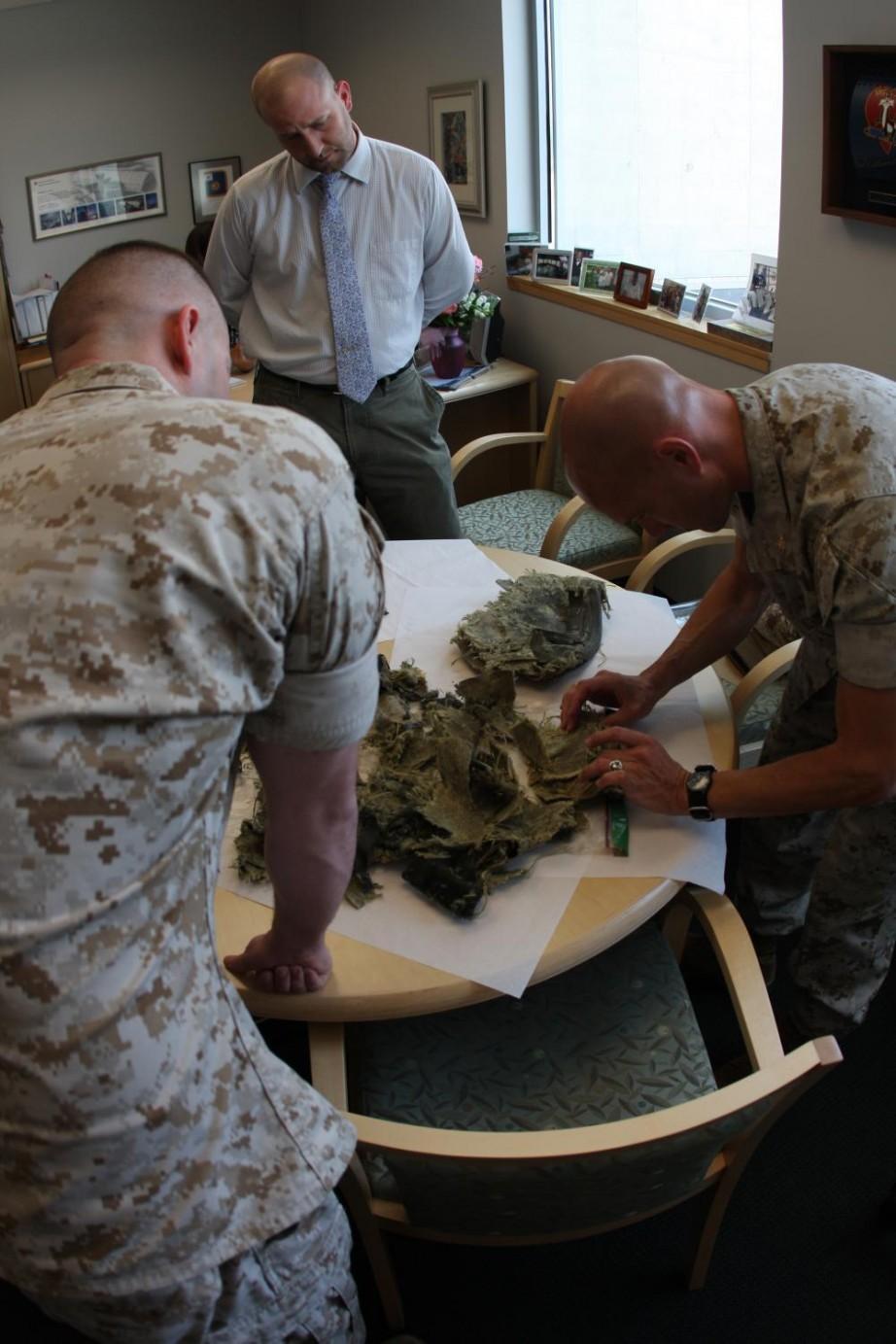
image text translation
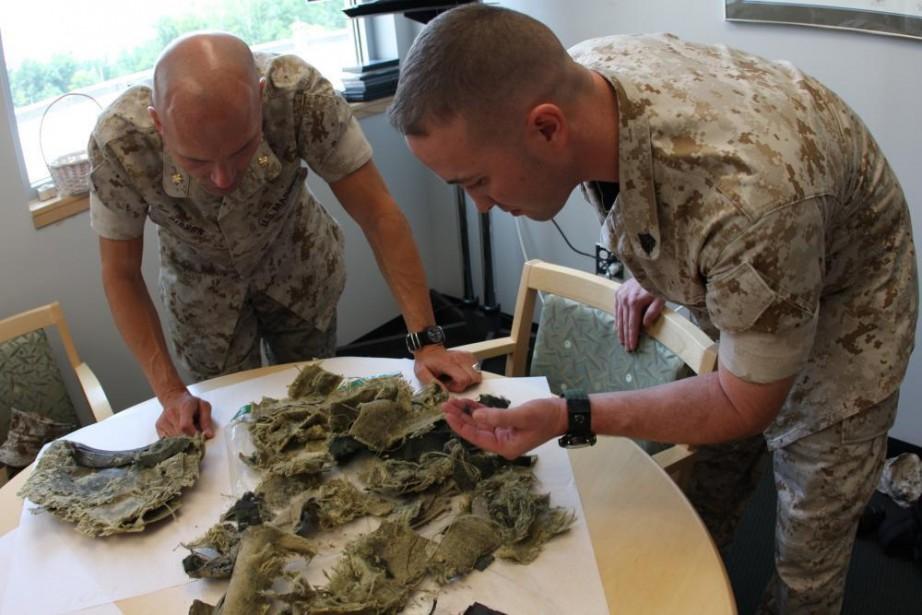
image text translation
Sergeant Mark Dean, a colleague of the unit, looking for any sealable fragments of the bulletproof hat Dunham used to cover the grenade, and Major Trent Gibson, 2nd Battalion Commander, 7th Regiment, USS Jason Dunham, left, 9 July 2009.
– The remaining pieces of bulletproof wool were transferred to the National Maritime Museum for display.
It’s usually said that you die.
